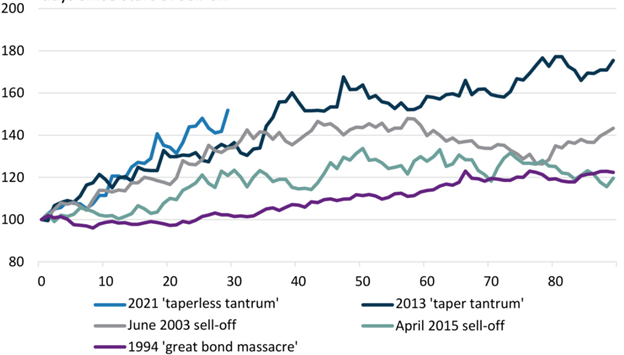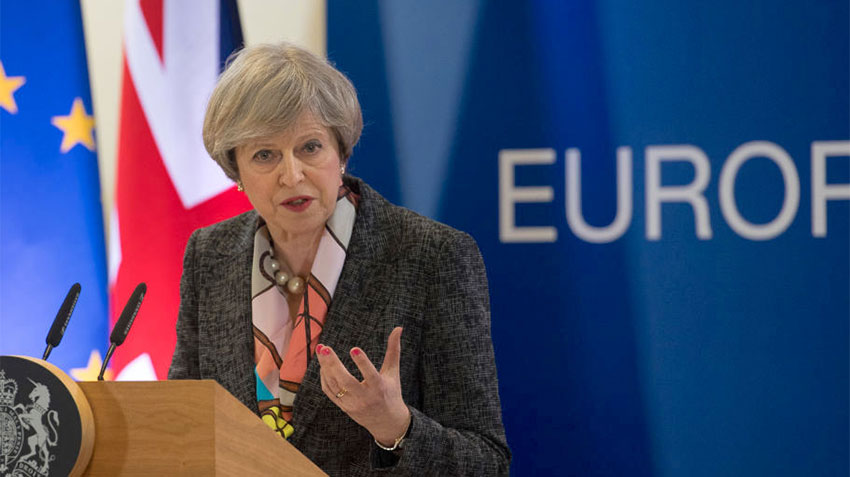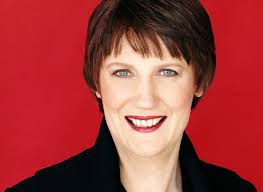[vc_row][vc_column width=”1/2″][vc_column_text]
New Zealand
New Zealand was the 51st largest economy by nominal GDP in 2018. GDP per capita was $41,966 USD. It is a small island nation in the Pacific. It was ranked first in the World Bank's 2020 Ease of Doing Business report, third in the Heritage Foundation's 2019 Index of Economic Freedom, 20th in the World Bank's 2017 Human Capital Index, and 41st in the 2017 Economic Complexity Index. It is a signatory to the CPTPP and the RCEP trade agreements. Services accounted for 65.6 percent of GDP in 2016, followed by manufacturing (10 percent), and agriculture (6.6 percent). The largest export sectors in 2017 were agriculture (50.5 percent), services (29.7 percent), and chemicals (4.95 percent). The largest exports were travel and tourism (19.2 percent), concentrated milk (9 percent), ICT services (5.35 percent), butter (4.14 percent), and lamb (4.05 percent). Its largest export partners are China (21.95 percent), Australia (15.03 percent), and the USA (10.2 percent). The largest import goods were cars (8.56 percent), crude oil (5.14 percent), refined petroleum (3.39 percent), and motor vehicles for transporting goods (3.14 percent). Polynesian explorers settled New Zealand around the 14th century. Dutchman Abel Tasman was the first European to discover New Zealand in 1642. He was followed by British James Cook in 1769. European whalers, sealers, and missionaries began to arrive in New Zealand in the early 19th century. The Maori chiefs reacted to European settlement by declaring the independence of the United Tribes of New Zealand in 1835. In 1840, Britain signed the Waitangi treaty with around 540 Maori chiefs. It established British sovereignty over New Zealand while providing protection and British citizenship for the Maori people. In the 1860s a series of gold rushes increased immigration and the economy boomed. But the gold soon ran out and in 1879, a British depression spread to New Zealand. By the 1890s, agriculture emerged as the main export industry with refrigeration allowing the export of meat. Britain was the main recipient and demand increased with WW1. During the Great Depression, agricultural prices fell so the government attempted to diversify the economy. It implemented an import substitution policy for manufacturing which led to the development of local industry. After WW2, agriculture boomed again. From the 1950s, New Zealand introduced several trade protection measures for agriculture including price equalisation schemes. By the 1980s, the economy had stagnated and public debt had become a problem. Trade to Britain had also been lost after Britain joined the European Economic Community in 1973. In 1984, a new government liberalised the economy and removed trade protection. Since then the economy has only experienced a decrease in real GDP in 1991 and 2008. In 2008, New Zealand signed a free trade agreement with China and has benefitted with a boom in dairy exports to China. New Zealand is the world's biggest exporter of milk. In 2019, the government introduced an economic plan to guide greater diversification and innovation.
[/vc_column_text][vc_column_text] Its population in 2018 was 4,749,598 [1]
Its population in 2018 was 4,749,598 [1]
 In 2015, 30.79% of its total energy
In 2015, 30.79% of its total energy
consumption was renewable [2]
 In 2021, its GDP grew by 4.65% [2]
In 2021, its GDP grew by 4.65% [2]
 In 2021 it had a negative Current
In 2021 it had a negative Current
Account Balance of US$bn 14.32 [3]
 Its unemployment rate in 2021 was 3.78% [3]
Its unemployment rate in 2021 was 3.78% [3]
 Its Expenditure on R&D (as a percentage of
Its Expenditure on R&D (as a percentage of
GDP) in 2019 was 1.41% [2]
 A Big Mac will set you back the
A Big Mac will set you back the
local equivalent of US$4.19 [4]
What free trade areas or economic unions is it a member of?
Member of the Comprehensive and Progressive Agreement for Trans-Pacific Partnership (CPTPP) since 30/12/2018
Other members:
Australia, Brunei Darussalam, Canada, Chile, Japan, Malaysia, Mexico, Peru, Singapore, Vietnam
What trade deals are there between Comprehensive and Progressive Agreement for Trans-Pacific Partnership and other countries and economic unions?
None
[/vc_column_text][vc_column_text]What trade deals are there with other countries and economic unions?
South Pacific Regional Trade and Economic Cooperation Agreement (from 01/01/1981)
Australia - New Zealand Closer Economic Relations Trade Agreement (from 01/01/1983)
Thailand - New Zealand free trade agreement (from 01/07/2005)
Trans-Pacific Strategic Economic Partnership (from 28/05/2006)
China - New Zealand free trade agreement (from 01/10/2008)
ASEAN - Australia - New Zealand Free Trade Area (from 01/01/2010)
Hong Kong, China - New Zealand free trade agreement (from 01/01/2011)
New Zealand - Chinese Taipei free trade agreement (from 01/12/2013)
Korea, Republic of - New Zealand free trade agreement (from 20/12/2015)
[/vc_column_text][/vc_column][vc_column width=”1/2″][vc_column_text]Otaviano Canuto: Some Economies May Soon Face a Hard Landing
A Possible Tug-of-war Between the Fed and the Markets
Uruguay: A Near-Perfect Country to Live, Work, and Play Post-Covid-19
Reimaging Leadership Post COVID-19: Dreaming Health, Social and Planetary Equity Into Being
Atlas Shrugged Meets Mad Max: Billionaires Heading for the Hills
Article 50 Invoked: For All the Wrong Reasons
World Bank Group: Sovereign Wealth Funds Investing at Home – Opportunity Fraught with Risk
From Australia to the World – Rupert Murdoch: The Future of Newspapers in the Age of the Internet
Now Even More Powerful: Our Hero Helen Clark
Dairy Price Surge Hits UN Food Price Index
Trade with the United Kingdom
Source: UK Office for National Statistics, October 2022.
Contains public sector information licensed under the Open Government Licence v3.0.



























































































